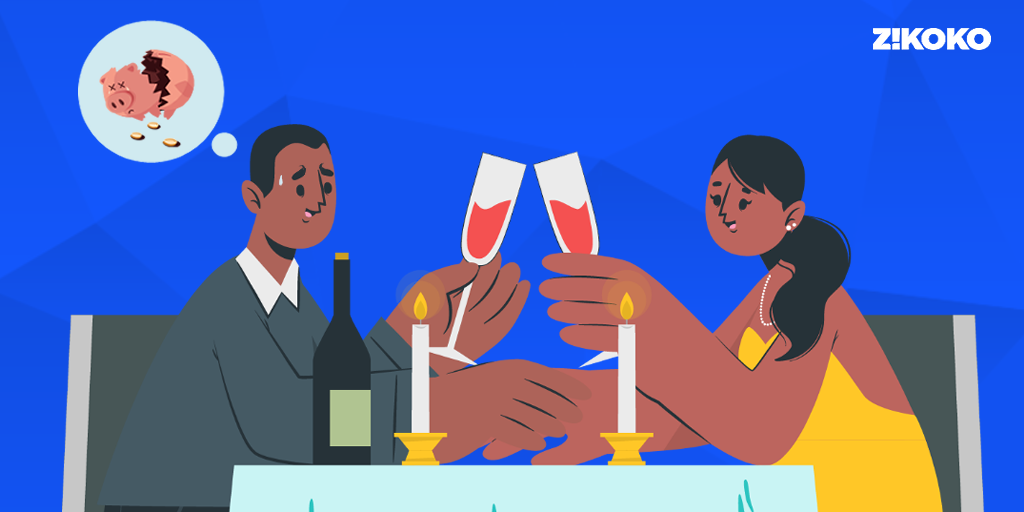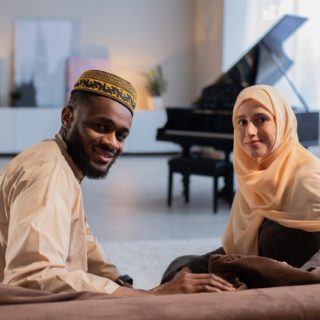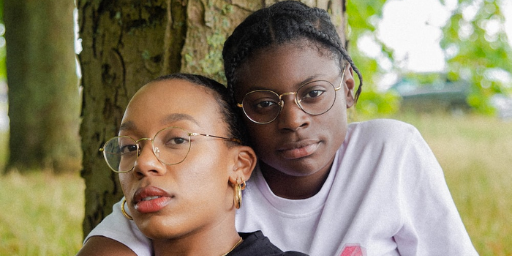
When it comes to conversations on the internet, the topic of how young Nigerians navigate romantic relationships with their earnings is a minefield of hot takes. So I decided to find out more about how people are managing their relationships across different income brackets.
Today, I’m speaking with Kingsley* 28, a lawyer and content writer based in Abuja, and had him explain how he’s holding down his one-year-old relationship on a ₦180k salary.
Total monthly income
Around ₦180k monthly (salary is ₦100k, freelance jobs cover for the rest). I used to earn an extra ₦100k from driving for a cab service, but the car is no longer available.
Bills and recurring expenses
Rent is ₦450,000.
Utilities and subscriptions are recurring expenditures: Electricity, water, and cooking gas. I have to restock my kitchen and toiletries too. Then other miscellaneous expenses like cab fares and fast food.
Entertainment: Netflix and Amazon for movie streaming, and The Athletic for football analysis. I also read The Economist and The Atlantic. Sometimes when I feel like it, I subscribe to Medium’s premium plan too.
Black tax: I send my grandmother some money. It’s not a consistent sum. It varies from time to time. There’s also the occasional billing from acquaintances.
Savings: I’m involved in two different contributory saving thrifts. That’s how I save for rent and unforeseen expenses.
How long have you been in a relationship?
A little over a year. Thirteen months and four days.
How much does your partner earn?
About ₦100k monthly. I may be wrong, sha. I try not to concern myself with my partner’s finances.
How did y’all start dating?
I met my partner on Facebook and we got talking; we were friends for about four months which gave me insight into her work, dreams and goals and life in general. From our conversations, I knew I was going to ask her out. She was rounding off NYSC but I waited until she got settled in her own place before I asked her to be my girlfriend.
Why did you wait till she settled down before asking her to be your girlfriend?
Because it was important to date someone that wasn’t dependent on me. My previous partner was a university student. And even though she didn’t feel entitled to my money, she still had university student problems that she complained about, which would prompt me to step in.
When that relationship ended, I was still in law school, so I decided that my next partner would need to be financially independent. After law school, I got employed and stayed single for about two years. I went on dates and hoed
RELATED: QUIZ: How Much of a Hoe Are You on a Scale of 0-10?
How much do you budget for relationship sturvs?
Not much. We don’t live in the same city (she lives in Lagos), so there’s not much to do with money except the times she visits. When she’s coming over, I pay for half of her return flight ticket (economy class), but I handle the travel expenses myself when I visit her, LMAO. Other than flight expenses, birthday gifts, and occasional loans, it’s a budget-friendly relationship.
Walk me through a typical staycation when either of you visits the other
When I’m alone, I typically just have rice, noodles and other Nigerian bachelor food staples. But when she’s over, I stock my kitchen like a 35-year-old with a family by buying foodstuff I typically don’t on a regular day. I buy wine, typically sweet wine because that’s what my girlfriend prefers. Four Cousins is the most recurring so I gats just load up small. She does most of the food shopping, especially spices, seafood, etc.
She doesn’t spend more than a week when she visits, and when we do go out to eat, we go to relatively inexpensive restaurants.
A decent restaurant in Abuja is fairly pricey, so each restaurant outing is between ₦12–₦15k, depending on where we go and what we eat. We’re most likely to eat rice or pasta.
We go on these dates once or twice per visit — not more than twice sha. It depends on how much money is available. Sometimes, she foots the bills. But I know I spend around ₦40k on dating whenever she’s around. I love watching movies with loved ones, so we go to the movies too.
We also spend a lot of time indoors, eating and cuddling. It’s pretty much the same routine when I visit her in Lagos.
Now that you’re in a serious relationship, what kind of conversations do you have with your woman about money?
I’m still not comfortable discussing my finances with my people in detail — even with my parents. Even though my partner is open about her money, I don’t ask her about it because I don’t want to know. She’s complained that I’m not particularly eager to talk about money. I know that when we get married, I’ll need to be fully transparent about my finances, so I’m working on myself. Right now, we still live pretty different lives in different cities, so until then.
That being said, we do help each other out when either of us is in a tight spot financially. When she needs help with a nonessential expense, she playfully asks. If I can afford it, I pay for it. I appreciate the relationship because she doesn’t put me under pressure, and I’m not ashamed that I don’t have plenty of money. She also sends me money when she can.
RELATED: Why Don’t Nigerians Talk About Their Personal Income?
Do you have a financial safety net?
Yes, I have some savings and I’m involved in two different thrift groups. I have about ₦700k in total savings, which will be cut in half when I take my rent out of it, so not really a safety net, but then we go again. I’m positive of a major boost in income in the coming months, sha, as I’ve started considering more lucrative job offers from a couple of organisations.
What’s the ideal financial future you want for yourself and your partner?
I’m not the kind of person who dreams of becoming wealthy or taking over the world. I just want to be able to raise a family and give my children a comfortable life. If I hit upper-middle class, I’m fine.





